
Conference Chair
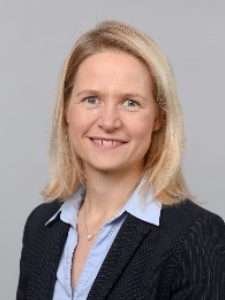
Sonja Berensmeier
Bioseparation Engineering Group Technical University of Munich, Germany
Sonja Berensmeier leads the Bioseparation Engineering Group at the Technical University of Munich since 2009, after several years as a group leader at the Karlsruhe Institute of Technology in the area of biofunctional surfaces. She meets the challenge for applied integration of molecular biology, biotechnology, particle technology, and process engineering. The focus of the current research is process intensification by adsorptive and extractive separation methods. In the field of adsorbents she is specialized in magnetic and conductive particles.
Scientific Committee Members
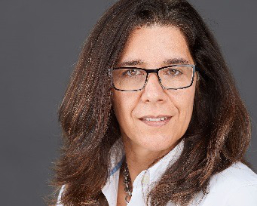
Cristina Dias-Cabral
Biopharmaceuticals and Biomaterials Development Group, CICS-UBI – Health Sciences Research Center, University of Beira Interior, Covilhã, Portugal
Cristina Dias-Cabral is Assistant Professor at the Department of Chemistry, University of Beira Interior in Covilhã, Portugal and an integrated member of the CICS-UBI – Health Sciences Research Center at the same University. She is currently working in the field of downstream processing and characterization of large biomolecules. Fundamental aspects of adsorption of different types of biomolecules on different types of chromatographic supports with application in optimization and scale-up of chromatographic units is one of her special focus. Since 2010, date when she established a Flow Microcalorimetry laboratory at CICS-UBI, she has been characterizing thermodynamically the adsorption mechanisms of several biomolecules on different chromatographic supports used in downstream processing in order to understand their mechanism of interaction with the support. Work done in collaboration with different national and international research groups
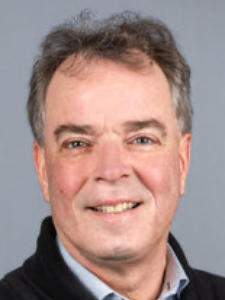
Michel Eppink
Director Downstream Processing, Byondis
Department of Biotechnology TU Delft
Department of Biotechnology TU Delft
Michel received his MSc. in Biology/Chemistry in 1993 from the University of Utrecht and his PhD in Biochemistry in 1999 from the Wageningen University. After that starting at Organon NV becoming Section Manager Downstream Processing Research. In 2009 Michel moved to Byondis BV (formerly known as Synthon) becoming Senior Director Downstream Processing.
From 2014 – 2024 he was Professor (part-time) at Bioprocess Engineering of Wageningen University and Research. In 2024 Michel started as Professor (part-time) at the Department of Biotechnology of TU Delft with focus on Industrial Biopharmaceutical Downstream Processing. Michel Eppink has > 35 years of experience in Downstream Processing of large biomolecules.
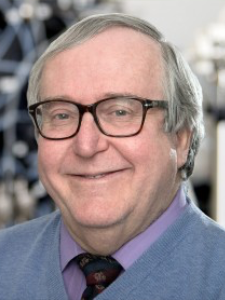
Milton Hearn
Emeritus Professor, School of Chemistry, Monash University, Australia
Milton Hearn is a biochemist whose research centres on seeking more environmentally sustainable industrial chemical processes. As Director of the Centre for Green Chemistry at Monash University Hearn has led research aimed at reducing waste generated during manufacturing and finding natural rather than synthetic or petrochemical sources of industrial chemicals. Processes have been developed to extract from natural waste materials chemicals commonly used in pharmaceuticals, cosmetics, and other consumer products. Hearn has registered 32 patents and published over 550 scientific papers.
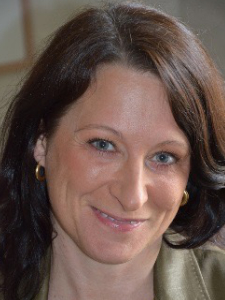
Sophia Hober
School of Engineering Sciences in Chemistry, Biotechnology and Health, AlbaNova University Center, KTH – Royal Institute of Technology, Stockholm, Sweden
Sophia Hober is Professor of Molecular Biotechnology at KTH, Stockholm, Sweden. The focus of her research group is development of predictable and robust systems for protein purification and detection by protein design and various selection methodologies. Her key scientific achievements include improvements of the alkaline tolerance of protein A and protein G for industrial purification of IgG. Also, a novel ligand for affinity purification of IgG in a calcium dependent way enabling mild elution has been developed. Further, small bispecific protein domains, with ability to strongly and selectively bind to two different proteins have been developed. These domains have been designed for use in protein purification as well as for cancer theranostics.
Prof. Hober is the author of more than 120 full‑length scientific papers and has filed more than 20 international patent applications. She is cofounder of 4 start-up companies and member of several Board of Directors. She is also elected member of the Royal Swedish Academy of Engineering Sciences.
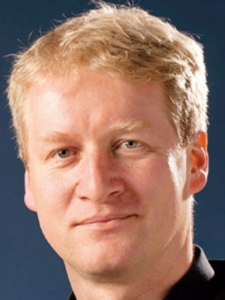
Jürgen Hubbuch
Professor at Karlsruhe Institute of Technology, Germany
Jürgen Hubbuch is professor for biomolecular separation engineering at Karlsruhe Institute of Technology. His chair focuses on all aspects of modern downstream processing: protein purification, formulation as well as analytics in the biopharmaceutical industry. The area of research ranges from assessing structural parameters of proteins on a molecular level, transport and surface interaction phenomena of proteins, purification and characterization of bio-nanoparticles to industrial process development.
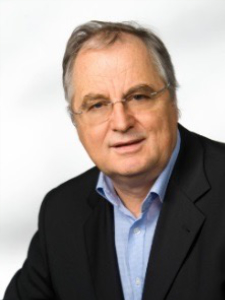
Alois Jungbauer
Department of Biotechnology, University of Natural Resources and Life Sciences Vienna
Alois Jungbauer serves since 1986 as a professor at the Department of Biotechnology at the University of Natural Resources and Life Sciences, Vienna. He teaches Protein Technology and Downstream Processing and Bioprocess Engineering. He also acts as area head and Dep. Director of Research in the Austrian Centre of Industrial Biotechnology. He is currently working in the field of bioengineering of proteins, plasmids and viruses with special focus on expression, downstream processing and characterization of large biomolecules.
As a proliferate researcher he has more than 300 publications on recombinant protein production and bioseparation, 15 patents and 12 book contributions and recently a monograph entitled “Protein Chromatography , Process Development and Scale Up”. He is executive editor and co-founder of Biotechnology Journal, and member of editorial boards from numerous journals in the area of biochemical engineering.
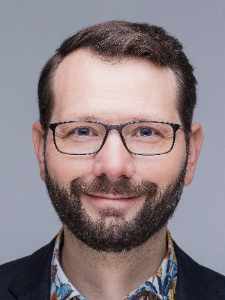
Nico Lingg
Institute of Bioprocess Science and Engineering, Department of Biotechnology and Food Science, BOKU University, Vienna, Austria
Austrian Centre of Industrial Biotechnology, Austria
Austrian Centre of Industrial Biotechnology, Austria
Nico Lingg is the head of biopharmaceutical research at the Austrian Centre of Industrial Biotechnology and Privatdozent at BOKU University in Vienna. His research focuses on bioprocess engineering of biologics, with a focus on downstream processing. His experience includes the purification of peptides and proteins, as well viruses, extracellular vesicles and other bionanoparticles from microbial fermentation, cell culture and human blood plasma. His group develops product agnostic purification technology to improve the manufacturability and developability of novel biopharmaceuticals.
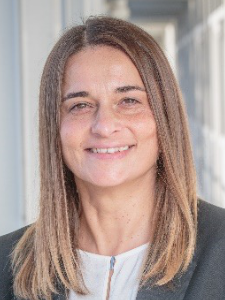
Mirjana Minceva
Biothermodynamics Group, Technical University of Munich, Germany
Mirjana Minceva completed her PhD at the University of Porto, Portugal. Between 2007 and 2014, she led the chromatography group at the Chair of Separation Science and Technology at the University of Erlangen-Nuremberg, where she acquired her postdoctoral teaching qualification (habilitation) in 2013. She has been a professor at the Technical University of Munich since 2014. Professor Minceva’s research focuses on developing efficient separation processes in the downstream processing of biomolecules. The research methodology involves model-based process design for the path „from molecule to process“, bridging the gap between molecular understanding and process implementation. The concept is general and hence applicable to diverse bioproducts of industrial relevance.
Egbert Müller
Tosoh Bioscience GmbH
Egbert Müller is the Technical Director of Tosoh Bioscience GmbH since 2001. He owns a Ph.D. in Theoretical Chemistry and a Habilitation in Bioseparations. His main research focus is on the preparation and surface modification of chromatographic support materials. He is a lecturer for “Industrial Biotechnology” at the university of Darmstadt.
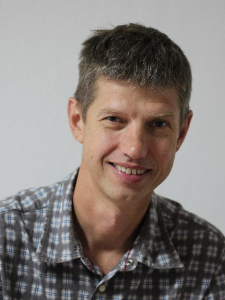
Aleš Podgornik
Faculty of Chemistry and Chemical Technology, University of Ljubljana, Slovenia
Aleš Podgornik, Ph.D., is by profession chemical engineer and has worked for 20 years in the field of biochemical engineering, especially in the downstream processing of macromolecules. He worked as CSO and R&D head for companies BIA and BIA Separations for more than a decade, currently he is a professor of chemical engineering on Faculty of Chemistry and Chemical Technology, University of Ljubljana, as well as Head of bioprocessing technologies in COBIK. His research interest is biochromatography and bioprocessing including continuous processes.


